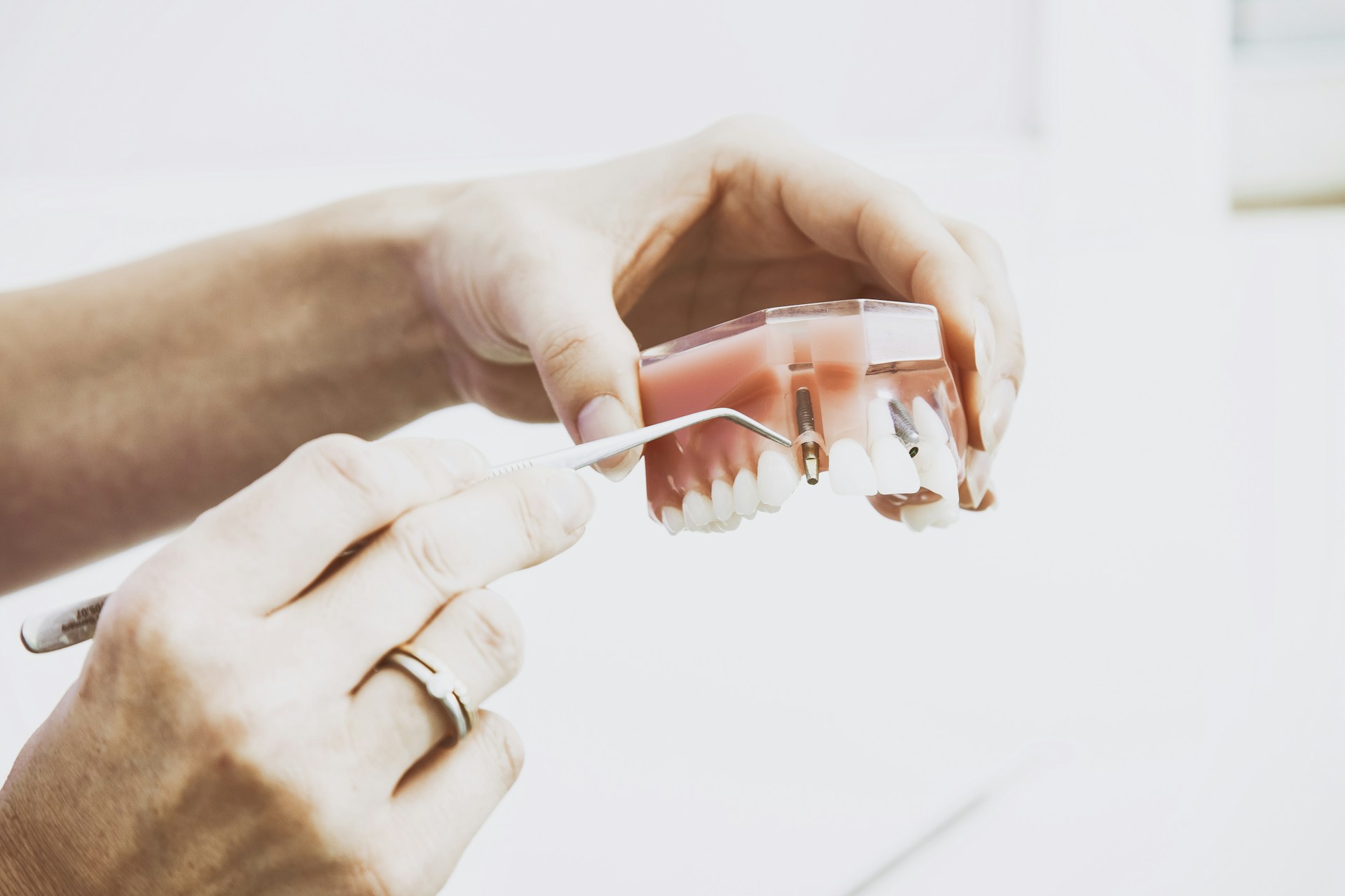Dental Implant Recovery Process: Post Surgical Care Guide
Discover the importance of post surgical care in dental implant recovery process. This detailed blog post provides insights into the essential steps for a successful dental implant procedure.
3/13/20242 நிமிடங்கள் வாசிக்கவும்


Undergoing a dental implant procedure is a significant step towards restoring your smile and oral health.
However, it is essential to understand that the recovery process plays a crucial role in the success of the implant.
In this article, we will delve into the facts about the dental implant recovery process, what to expect, and how to ensure a smooth and successful recovery.
1. Immediate Post-Procedure Care
After the dental implant surgery, it is normal to experience some discomfort, swelling, and minor bleeding.
Your dentist will provide you with specific instructions on how to care for the implant site during the initial recovery period.
It is crucial to follow these instructions diligently to minimize the risk of complications and promote healing.
Some common immediate post-procedure care tips include:
Applying an ice pack to reduce swelling
Taking prescribed pain medication as directed
Using a saltwater rinse to keep the implant site clean
Avoiding hot and spicy foods that may irritate the surgical site
Avoiding smoking and alcohol consumption
RELATED : Should you consider dental implants ?
2. Healing and Osseointegration
During the recovery process, the implant undergoes a crucial phase called osseointegration.
Osseointegration is the process by which the implant fuses with the surrounding bone, creating a strong and stable foundation for the replacement tooth.
This healing and osseointegration phase typically takes several months, during which you will need to take extra care of the implant site.
It is essential to maintain good oral hygiene by brushing gently around the implant and using an antimicrobial mouthwash as recommended by your dentist.
Your dentist may also schedule regular follow-up appointments to monitor the progress of the healing process and ensure that the implant is integrating correctly with the bone.
3. Temporary Prosthetic and Final Restoration
While the implant is healing, your dentist may provide you with a temporary prosthetic to fill the gap and maintain the aesthetics of your smile.
This temporary restoration allows you to eat, speak, and smile with confidence during the recovery period.
Once the implant has fully integrated with the bone, your dentist will proceed with the final restoration.
This involves placing an abutment on top of the implant, which serves as a connector between the implant and the replacement tooth.
Finally, a custom-made crown or bridge is attached to the abutment, completing the dental implant process.
RELATED : Dental crown
4. Long-Term Care and Maintenance
After the successful completion of the dental implant procedure, it is crucial to maintain proper care and hygiene to ensure the longevity of the implant. Regular dental check-ups and professional cleanings are essential to monitor the health of the implant and surrounding tissues.
Here are some long-term care tips for dental implants:
Brush and floss regularly, paying extra attention to the implant area
Avoid chewing on hard objects or biting into excessively hard foods
Quit smoking, as it can negatively affect the success of the implant
Inform your dentist about any changes or discomfort you experience around the implant
RELATED : Importance of flossing
Conclusion
The dental implant recovery process is a crucial phase in achieving a successful and long-lasting dental implant.
By following the post-procedure care instructions, allowing for proper healing and osseointegration, and maintaining good long-term care, you can ensure the success and longevity of your dental implant.
Remember, every individual's recovery process may vary, and it is essential to consult with your dentist for personalized guidance and support throughout the entire dental implant journey.

Contact Smiles
drdeepi15@gmail.com
Have doubts ..?
